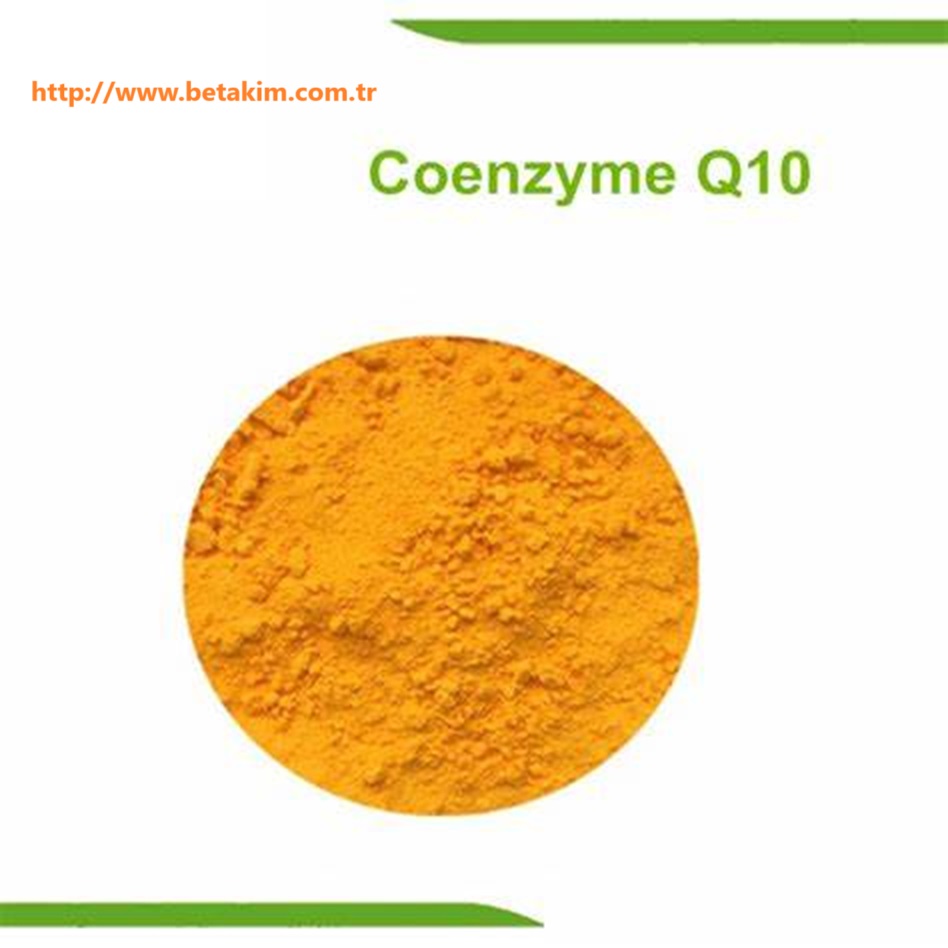We unleash your business potential by maximize the business innovation.
Send EmailCoenzyme Q10, Vitamin Q10, Ubiquinone, Ubidecarenone, CoQ10, 303-98-0
Physical and Chemical Properties
-
Chemical Formula: C₅₉H₉₀O₄
-
Molecular Weight: 863.34 g/mol
-
Appearance: Crystalline powder ranging from yellow to orange
-
Solubility: Fat-soluble
-
CAS Number: 303-98-0
Benefits and Applications
-
Energy Production: Essential for ATP synthesis in cellular mitochondria
-
Antioxidant Properties: Protects cells from oxidative damage
-
Cardiovascular Health: Enhances energy generation in heart muscle cells
-
Skin Care: Used in anti-aging cosmetic formulations
-
Dietary Supplement: Commonly taken to boost energy and support overall health
Synonyms and Alternate Names
-
Ubiquinone: Refers to its chemical structure
-
Ubidecarenone: Used in pharmaceutical and scientific literature
-
CoQ10: Widely recognized abbreviation
-
Vitamin Q10: Informal name due to its vitamin-like functions
Common Names
-
Coenzyme Q
-
Q10
Natural Food Sources
Coenzyme Q10 is naturally found in various foods, including:
Organ Meats: Heart, liver, kidney Muscle Meats: Pork, beef, chicken Fatty Fish: Trout, herring, mackerel, sardines Vegetables: Spinach, cauliflower, broccoli Fruits: Oranges, strawberries Legumes: Soybeans, lentils, peanuts Nuts & Seeds: Sesame seeds, pistachios Oils: Soybean oil, canola oil
